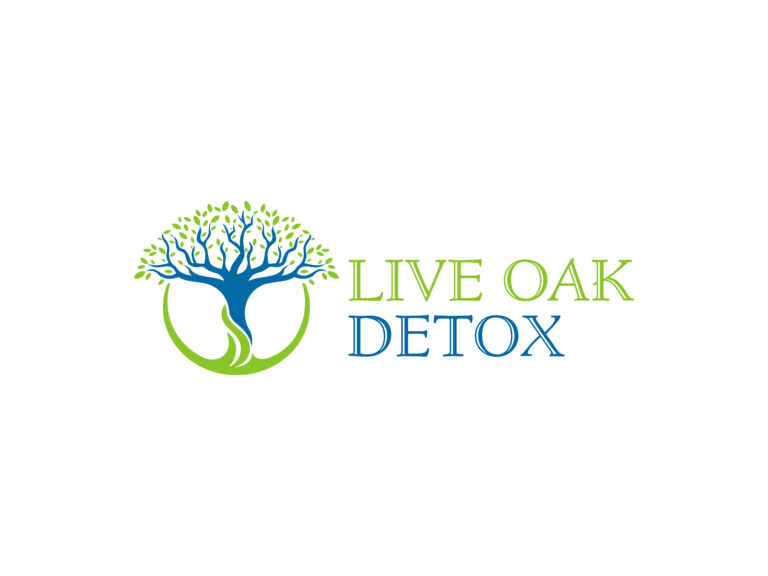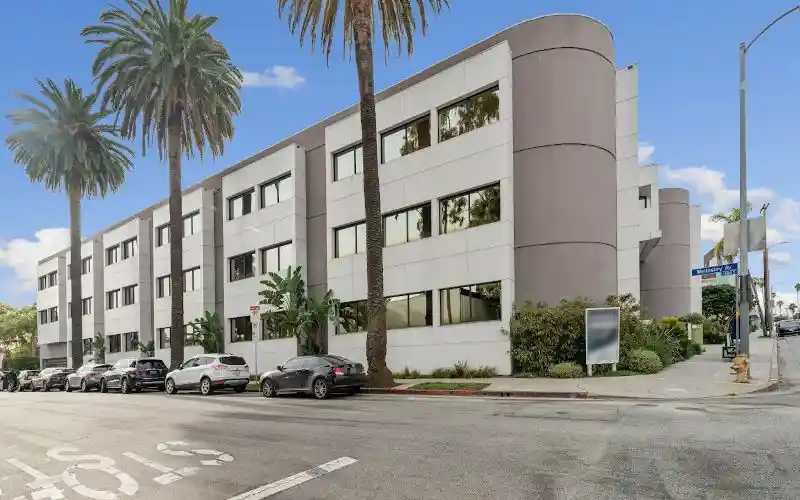




Understanding and addressing co-occurring mental health disorders is imperative in achieving long lasting results. It’s estimated that nearly 50% of individuals dealing with substance use also grapple with underlying psychological issues, thus underscoring the close relationship between them both. The complexity involved can be intimidating, but effective treatment methods exist to help those seeking aid take control over their wellbeing and lead fulfilling lives.
Co-occurring disorders, or the coexistence of substance abuse and mental issues simultaneously, are more frequent than expected particularly amongst those with serious psychological conditions. It is approximated that 28% of adults who had been diagnosed with a mental health problem in the past year also presented signs of a particular kind of addiction to substances. Even though 90 percent have both afflictions at once but receive treatment only for one condition alone – leaving their other illness untreated ultimately leading to many unpleasant consequences like repeated relapse episodes, hospitalization plus financial concerns. Among others such as social seclusion accompanied by family discordances which may lead into homelessness followed by sexual/physical violence culminating in incarceration and severe physical illnesses. Effective success from these impairments necessitate cognizance along side enough therapy: opportunities required for better results inside life quality ultimately depend on recognizing then treating an individual’s concurrent problems concerning substance use alongside emotional incapacitation.


A strong association has been established between substance use and mental health issues, due to both common risk elements as well as the self-medication hypothesis. Diagnosing co occurring disorders is complex because some of the symptoms might arise from drug dependence or pre existing psychological illness.
The accepted practice for successfully dealing with such double ailments simultaneously comprises integrated treatment methods that contain therapies addressing substance abuse To those involving psychoemotional matters.
Mental health disorders and substance use can be linked through several risk factors. Genetics plays a role in the probability of either disorder, while childhood trauma may increase that likelihood even further. Drug or alcohol consumption prior to age 18 is considered early use and has been identified as increasing the chances of developing one of these conditions. Environmental influences such as poverty, family life, or access to drugs/alcohol all contribute significantly towards heightened levels of vulnerability when it comes to mental health issues and substance abuse alike..
Self-medication is a phenomenon wherein individuals with addictive disorders turn to substances in an effort to manage or reduce their psychiatric symptoms, such as depression and anxiety. This form of behavior has the potential for multiple complications. Addiction, physical health problems as well as social and legal implications could result from this habit. It’s critical that sufferers be mindful about these risks instead of attempting self-medication when it comes to mental health conditions, professional assistance should always take precedence over trying to alleviate distress alone.
Recognizing the signs of co-occurring disorders can be a difficult task since indications may overlap between mental illness and substance use. To guarantee an exact diagnosis, it is recommended to abstain from substances during assessment.
Alterations in one’s mood, personality or behavior could imply there is either a mental issue present, such as Anxiety Disorder which involves persistent nervousness that impedes everyday life activities. Thus making accurate diagnostics and obtaining necessary treatment vital for overallmental health.
Integrated treatment approaches for co-occurring disorders involve evidence-based therapies that address both the substance use and mental health aspects of an individual. This type of holistic care is recommended by SAMHSA (the Substance Abuse and Mental Health Services Administration) to optimise quality of life outcomes for those suffering from dual conditions such as these. As well as providing comprehensive support, this integrated approach also embraces abuse prevention measures within its scope in order to treat both issues simultaneously.

A holistic approach to treating co-occurring disorders seeks to address the underlying causes of these illnesses, as well as promote overall health. Treatment services may include nutritional counseling, yoga, mindfulness exercises and meditation – all personalized for each person’s needs. Social support such as housing aid or help with job search is provided in order to improve quality of life and enable better control over symptoms. By taking into account both medical and psychological elements along with offering key practical assistance when needed this comprehensive care can assist individuals suffering from concurrent mental illness conditions on their path towards improved wellbeing.
Co-occurring disorders can be effectively addressed through the use of evidence based therapies. A combination of motivational enhancement therapy, cognitive-behavioral therapy (CBT), contingency management and 12 Step facilitation provides an appropriate response to such issues. With respect to mental health concerns like substance abuse or addiction. Integrated Dual Disorder Treatment (IDDT) and Dialectical Behavior Therapy (DBT) may also prove beneficial in providing necessary services as part of a comprehensive Substance Abuse Treatment program for individuals suffering from both conditions simultaneously. For those coping with co occurring disorder medications combined with counseling techniques along side various behavioral treatments are seen to offer better results than solely relying on medication alone when tackling related substances uses problems.

Co-occurring disorders can be difficult to access treatment for due to the stigma surrounding them and a lack of understanding. This leads to incorrect diagnoses and inadequate treatments, as well as difficulty finding integrated programs which are often limited by cost or location constraints. To ensure that people suffering from these conditions have an easier time accessing help it is important increase awareness about co-occurring substance use disorder and mental health issues in order better understand how they should be treated with effective care plans tailored specifically for those individuals. By removing barriers such when obtaining quality care, this will provide more support along their journey towards recovery.
Once rehab is complete, individuals with co-occurring disorders should have an aftercare plan in place that includes attending support group sessions and outpatient counseling. To ensure a successful sustained recovery it’s essential to receive concurrent management of both mental illness and substance abuse issues. Achieving wellness means following through on medication recommendations while participating in activities which bring joy and satisfaction post treatment phase. Mental illnesses related to addiction must be treated at the same time as any subsequent drug use for optimal outcomes. This also involves continuous monitoring by medical professionals for timely interventions if needed when managing co occurring disorders together within one comprehensive strategy
Special populations, such as veterans, those in the criminal justice system and individuals who are homeless face distinct obstacles related to experiencing co-occurring disorders. According to data from 2007–2009, around 70% of homeless veterans were found with a substance use disorder. This underlines the elevated vulnerability of this group specifically. 59% and 63%, respectively for state prisoners and those convicted in jail had issues concerning drug dependency or misuse present too.
Getting access to mental health services is an issue that greatly affects these special demographics. Only 50 percent being able actually reach out for help when needed . Initiatives involving treatment programs tailored specifically towards addressing their unique requirements can work wonders towards aiding them better cope with dealing suffering from both concurrent abuse plus afflictions with regards to mental ailments thereby increasing aid support resources through available avenues like drug courts providing alternate solutions instead of incarceration where necessary which focus more on underlying problems regarding addiction and exacerbating concerns linked making sure appropriate steps taken helping serve These targeted specialized interventions could Act as stepping stones benefiting Special Populations contending against co occurring Disorders & Substance Use Disorder experiences while navigating into ever so challenging arena spheres based close encounters clear understanding essential difference rooted within Effective means gauged also gained investigate Abuse including Mental Health Ailments amidst Criminal Justice System framed parameters — treatment approaches geared pursuing overall course ultimately paving way improved outcomes process rehabilitation journey started good!


When searching for a treatment center suitable for co occurring disorders, it is important to take into account factors like integrated approaches in treating and the expert knowledge of staff as well as individualized care plans. Some good resources that can help with finding centers are SAMHSA’s National Helpline and websites such Luxury Rehabs or American Addiction Centers which specialize in substance abuse and mental health matters.
In order to assess each facility accurately one should look out for several criteria – primarily an approach where both aspects (substance abuse & mental disorder) are treated together, skilled personnel experienced with handling this kind of ailments, tailored procedures designed based on every particular patient’s requirements concerning their dual diagnosis issues.
Individuals who have mental health disorders and co-occurring substance use issues may be able to receive some coverage from their insurance policy for treatment costs. The Affordable Care Act recognizes addiction and mental health care as essential benefits, yet each plan varies in the type of coverage they provide.
It’s important that individuals investigate their specific plans thoroughly so they can understand how much is covered with regard to treating these conditions. Different policies might include certain restrictions on treatments or services included in the package too. It’s key that people make sure all necessary resources are available before selecting a facility for recovery purposes.
Recognizing the issues that those with co-occurring disorders face, and treating them effectively is essential for successful recovery. It is our job to spread awareness of these conditions in order to break down barriers so individuals can reach their highest potential wellbeing through integrated treatment approaches and aftercare support.
Co-occurring disorders, which are mental illnesses often accompanied by substance use disorder, can encompass a range of conditions such as depression combined with alcoholism, schizophrenia and drug addiction together. Anxiety issues tied to drugs or even intellectual disability conjoined with mental health problems.
A frequent co-occurring disorder is a mix of anxiety, ADHD, post traumatic stress syndrome (PTSD), clinical depression and bipolar illness. All these afflictions are linked together to form one complex medical condition.
Dual diagnosis is a term used to describe when two mental health issues are occurring at the same time, while co-occurring disorders refer specifically to when an addiction has developed alongside a mental health issue due to substance abuse.
Co-occurring disorders, which refer to the presence of both a mental disorder and substance use disorder at once, is an issue that requires specialized treatment for successful management. These occurring conditions can take on various forms and involve both substances being used as well as other psychological issues.